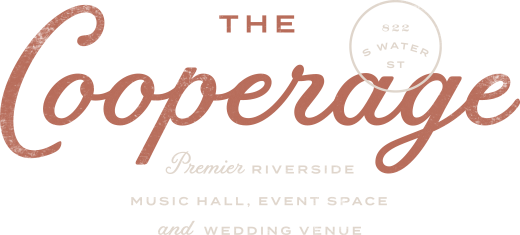
- This event has passed.
MAUNO with Dorth Nakota and Hughes Family Band
June 20, 2019 @ 8:00 pm - 11:30 pm
Really Well, the title of Halifax band Mauno’s new full-length record, comes from a line in the
opening track, “Really Really,” which is sung by vocalist and bassist Eliza Niemi. “Ask me how it
goes and I’ll tell you all about how I’m doing really well,” she sings over brisk, skiffle-ish
fingerpicking. On its face, it’s a pensive track that Niemi calls warbly and wilting, but the subtext
is a certain self-deprecation; Niemi explains that it illuminates the humour of empty small talk,
which doesn’t actually invite honesty. Really Well, like it’s namesake track and the band which
recorded it, is always acutely aware of this: interactions that feign intimacy and authenticity,
what is really contained beneath them, and the strange comedy that lives in between them.
Really Well is an expansive, idiosyncratic study in these creases, and the ways that
music—guitars, bass, drums, synths, and vocals—can explore and express them. Written by
Niemi, vocalist/guitarist Nick Everett, guitarist Scott Boudreau and drummer Adam White and
recorded at Chad VanGaalen’s Calgary studio, the record collapses the personal and the
professional within critiques of capitalism and creative labour. Musically, too, it is non-linear,
jutting from the twisted, plucky indie-skiffle of the opener to the charged post-punk march of
“Half It,” to the spring-reverb-tweaked riffing of “Reeling II,” to the dreamy, sidestepping guitar
pop of “Expectations,” to the gorgeous, macabre slow-jam of “Vampire.”
While Mauno’s 2017 LP Tuning was rooted conceptually in an R. Murray Schaefer text, Really
Well is free of conceptual guidelines—an early attempt at this record followed a conceptual
framework, but was scrapped in favour of a more boundless venture. “There’s no guiding
principle except for just serving the songs,” Everett says. “Everything that will limit and guide
what we’re going to do is already there, and has been since the moment we started writing the
songs, so it’s almost like this weird implicit thing.” Niemi adds that, as a result, she feels these
are the most honest songs they’ve written.
The throughline on Really Well is a commitment to instinct and feel. “Expectations” dips into
intense, up-tempo asides that follow Niemi’s vocal delivery and tone, while “Take Care,” a
sprawling, bluesy romp, features a chorus that adds a beat to its time signature with each
bar—again, in lockstep with Niemi’s ascending lyrics. The relaxed grip on form was extended to
the technical side of recording as well; Niemi explains that Everett would make sounds with his
mouth, which VanGaalen would replicate with a synth machine. “It was that kind of wonder at
discovering, or at playing with something,” Everett says. “When the right thing is uncovered,
everyone sees it. It’s just taking the time to look for it.”
Lyrically, the record deals with Mauno’s preoccupations with the nature of creative labor,
relationships, and the self under capitalism. “Really Really” documents a fear of losing oneself in
transience and ruminates on the role of physical belongings in cultivating a self, while “Notice”
finds Everett running back through experiences of workplace abuse: “Um, I cannot believe you
have the gall to ask me for literally anything at this point!” he sings in staccato delivery, the
words mimicking a conversational tone. It closes on an defiant note: “To your question, here’s
your answer: No! Fuck you!”


